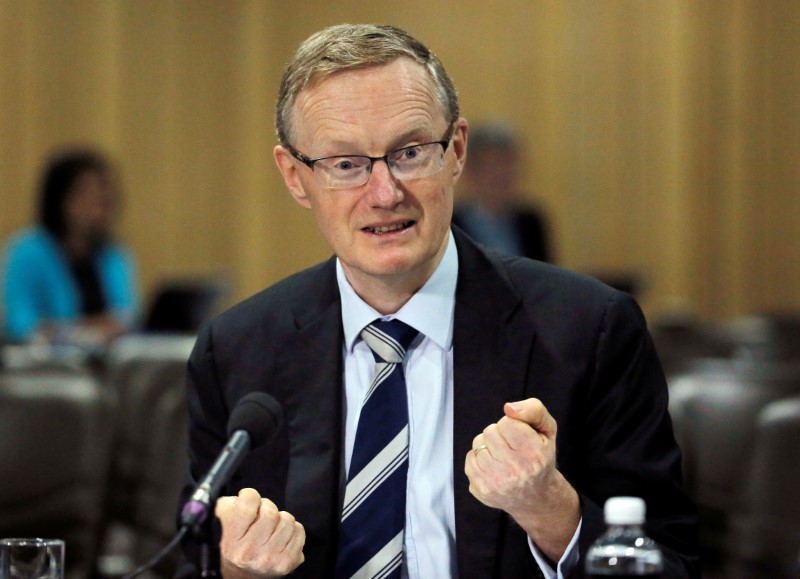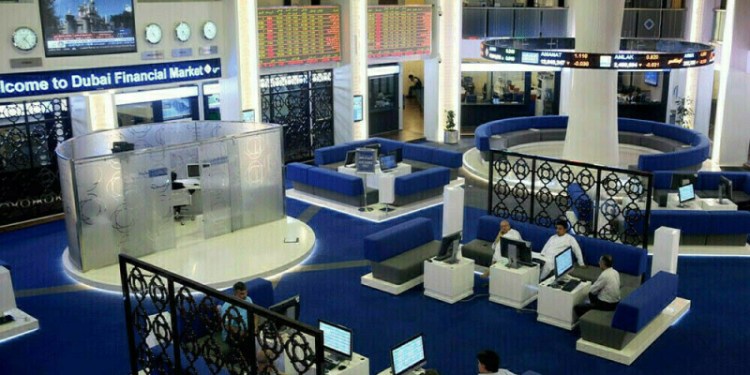 © Reuters. Australia’s new Reserve Bank of Australia (RBA) Governor Philip Lowe speaks at a parliamentary economics committee meeting in Sydney
© Reuters. Australia’s new Reserve Bank of Australia (RBA) Governor Philip Lowe speaks at a parliamentary economics committee meeting in SydneyBy Swati Pandey and Wayne Cole
SYDNEY (Reuters) – Australia’s top central banker said on Tuesday there was “not a strong case” for a near-term policy move as inflation was expected to undershoot its target for another two years, suggesting that a rate hike won’t be on the cards for a long time to come.
The Reserve Bank of Australia (RBA) has left interest rates at a record low 1.50 percent for more than a year now as it balances subdued wage and price pressures across the economy against high and rising household debt.
Earlier this month, it even downgraded forecasts for core inflation which is now seen under its 2-3 percent long-term range until mid-2019.
“We still remain short of full employment, and inflation is expected to pick up only gradually and remain below average for some time yet,” Governor Philip Lowe said at a dinner event in Sydney.
“This means that a continuation of accommodative monetary policy is appropriate,” he added. “There is not a strong case for a near-term adjustment in monetary policy.”
Lowe was guardedly optimistic about the A$1.7 trillion economy, expecting gross domestic product to accelerate at above 3 percent over 2018 and 2019, thanks to low interest rates, rising population and improving global growth.
“If the economy continues to improve as expected, it is more likely that the next move in interest rates will be up, rather than down,” he said.
The outlook for business investment has also brightened, with more firms now prepared to take a risk and invest in new assets, Lowe said.
But consumer spending remains fairly soft, largely because household debt is rising at a faster pace than incomes. That is also a major factor weighing on inflation.
The RBA expects the increased willingness of businesses to invest and employ more people will push consumer spending growth to around 3 percent, which would be above the average seen in this decade, Lowe said.
Australians earned a wage hike of just 2 percent in the September quarter, data out last week showed, compared to average increases of around 3.5-4 percent enjoyed during the decade-long mining investment boom.
“Businesses are not bidding up wages in the way they might once have. This is partly because business, too, feels the pressure of increased competition,” Lowe said.
“It is plausible that, at least for a while, the economy is less inflation prone than it once was.”
Fusion Media or anyone involved with Fusion Media will not accept any liability for loss or damage as a result of reliance on the information including data, quotes, charts and buy/sell signals contained within this website. Please be fully informed regarding the risks and costs associated with trading the financial markets, it is one of the riskiest investment forms possible.
Source: Investing.com



























